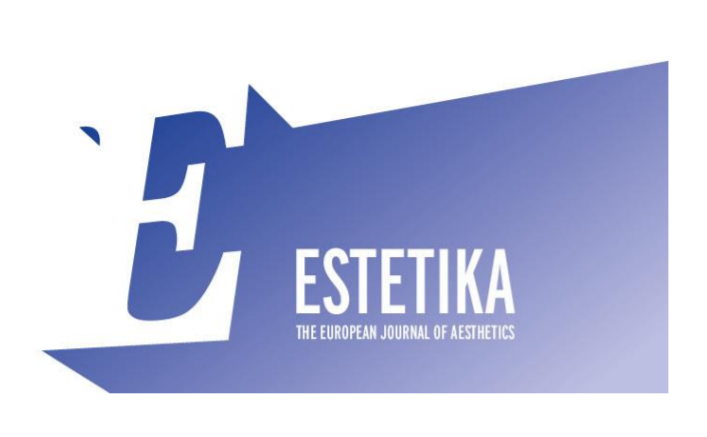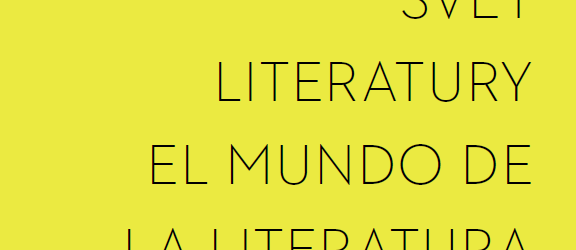The journal Estetika: The European Journal of Aesthetics is published by Helsinki University Press in cooperation with the Department of Aesthetics at CU FA. This special issue includes four essays, an article, and a review of Matthew Strohl’s book Why It’s OK to Love Bad Movies. The introduction was written by a guest editor, María José Alcaraz León.
Elisabeth Schellekens’s essay “Failure as Omission: Missed Opportunities and Retroactive Aesthetic Judgements” provides a useful roadmap of different kinds of failure in aesthetic judgement. First, there are mistaken attributions of a particular aesthetic quality to an object that lacks it. Second, some judgements fail to qualify as aesthetic because they are not based on the right reasons. A third class of failures, which the essay examines in detail, includes those aesthetic judgements that have not been realized when they should have been.
In her essay “Is Aesthetic Consistency Worth Having?”, Eileen John seeks to find a positive account of aesthetic consistency without conditioning it on the idea of a coherent aesthetic personality. Aesthetic consistency, as John proposes to understand it, is impersonal and based on aesthetically significant principles.
Uku Tooming’s essay, entitled “Aesthetic Disagreement with Oneself as Another”, is interested in the phenomenon of rethinking and changing one’s previous aesthetic evaluations. The phenomenon of intrasubjective disagreement that Tooming describes has not received much attention in aesthetics, although the questions it raises are burning.
David Fenner’s article “Aesthetic Absence and Interpretation” focuses on the aesthetic value of the experience of “something is missing” or “something is not right”, often encountered in relation to contemporary art. In his understanding, aesthetic absences give rise to puzzles that can prolong our engagement with the object of aesthetic appreciation in a way that goes beyond its direct perception.
Michel-Antoine Xhignesse’s essay “In Defence of Tourists” introduces the concept of practical identity and uses it to defend the appreciative practice of those whose exposure to art is limited to popular aesthetic experiences recommended by tourist guidebooks and folk wisdom. According to him, the failures we tend to ascribe to aesthetic tourists may ultimately boil down to our inability to appreciate the aesthetic practices of those whose practical identities differ from ours.
All content of the journal Estetika is freely accessible on its website estetikajournal.org.








